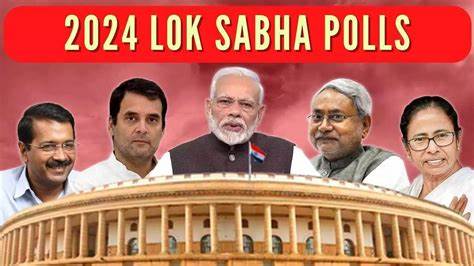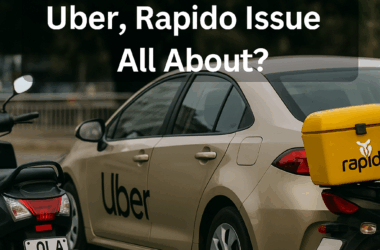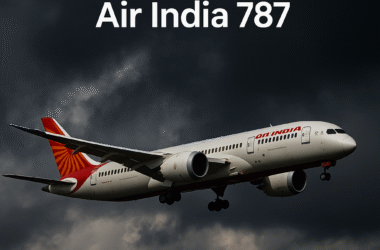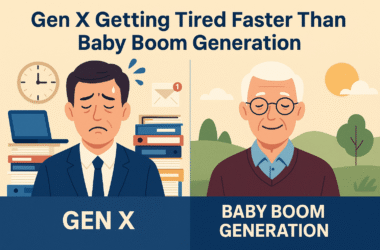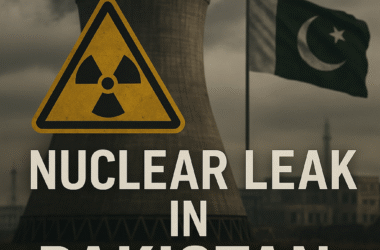As the 2024 elections in India approach, the political landscape is heating up with intense competition. The main contenders are the ruling National Democratic Alliance (NDA) and the opposition bloc, the Indian National Developmental Inclusive Alliance (I.N.D.I.A). This analysis delves into the strengths and weaknesses of both alliances and predicts the possible outcomes and seat projections.
Strengths and Weaknesses of the NDA Government
The NDA, led by the Bharatiya Janata Party (BJP), has been in power since 2014. One of the NDA’s key strengths is its robust leadership. Prime Minister Narendra Modi is a charismatic and influential leader. His image as a decisive and strong leader resonates with many voters. The NDA’s economic reforms, such as the implementation of the Goods and Services Tax (GST) and efforts to boost digital payments, have received mixed reactions but show a commitment to modernization.
However, the NDA has faced criticism over its handling of various issues. The economic slowdown, rising unemployment, and agrarian distress have been significant challenges. Critics argue that the government’s economic policies have not sufficiently addressed these issues. Additionally, the controversial Citizenship Amendment Act (CAA) and the handling of protests related to it have sparked significant unrest. The government’s response to the COVID-19 pandemic, especially during the second wave, faced severe criticism for inadequate preparedness and response.
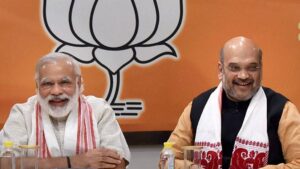
The NDA’s electoral strategy heavily relies on Modi’s popularity and its extensive organizational network. However, the anti-incumbency factor and dissatisfaction among specific voter groups could pose challenges. Regional parties, previously allies, have shown signs of drifting away, potentially weakening the NDA’s coalition strength.
Strengths and Weaknesses of the I.N.D.I.A Bloc
The Indian National Developmental Inclusive Alliance (I.N.D.I.A) is a coalition of opposition parties aiming to challenge the NDA. One of the bloc’s significant strengths is its diverse representation. It includes parties from various regions and communities, which can help them appeal to a broader voter base. The bloc aims to present a united front against the NDA, focusing on issues such as economic inequality, social justice, and democratic freedoms.
The I.N.D.I.A bloc has been vocal in criticizing the NDA’s policies. They have highlighted issues like rising unemployment, economic disparities, and alleged erosion of democratic institutions. The bloc’s emphasis on social justice and inclusive development resonates with voters concerned about these issues. Additionally, the alliance aims to capitalize on regional leaders’ popularity and influence, which can be a critical factor in state-level contests.
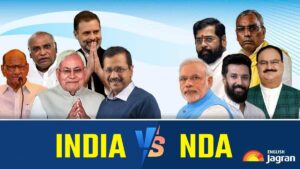
However, the I.N.D.I.A bloc faces several challenges. The coalition is a heterogeneous group with diverse ideologies and agendas. This diversity can lead to internal conflicts and lack of cohesive strategy. The bloc also lacks a central leadership figure with the same mass appeal as Modi. Coordination among various parties and leaders within the alliance is another critical challenge. Historically, opposition unity in India has been fragile, and maintaining a united front throughout the election campaign will be crucial.
The I.N.D.I.A bloc’s success will depend on their ability to present a credible alternative to the NDA. They need to articulate clear and actionable policies to address the issues they criticize. Effective campaign strategies and the ability to mobilize voters at the grassroots level will be essential for their success.
Who Has Better Chances of Winning the Elections and Seat Projections
Predicting the outcome of the 2024 elections in India involves considering multiple factors. The NDA’s strengths lie in Modi’s leadership, organizational network, and a section of the electorate’s continued support. However, the weaknesses related to economic issues and handling of critical situations could impact their performance.
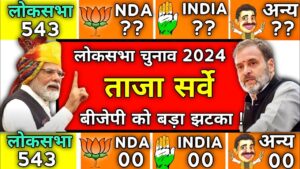
The I.N.D.I.A bloc’s chances hinge on their ability to maintain unity and present a viable alternative in 2024 Elections. Their diverse representation and focus on social justice can attract significant voter segments. However, internal coherence and a strong leadership figure remain critical challenges.
Based on current trends and analysis, the NDA is likely to retain a significant number of seats but might face a reduced majority compared to the 2019 elections. The anti-incumbency factor and regional parties’ shifting alliances could lead to a dip in their total seat count. The BJP might secure around 300-325, and NDA as a whole may secure 350-380 seats falling short of the 400+ seats they wanted to win in 2024. They will however potentially form the government with the help of allies.
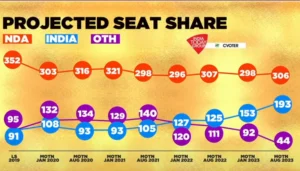
The I.N.D.I.A bloc, if it manages to overcome internal differences and effectively mobilize voters, could see a significant increase in its seat count. They might secure around 120-160 seats, depending on how well they perform in key states. The performance in states like Uttar Pradesh, Maharashtra, and West Bengal will be crucial. These states have a substantial number of seats, and strong performance here could tilt the balance.
In conclusion, while the NDA remains a strong contender for the 2024 elections, the I.N.D.I.A bloc has the potential to challenge their dominance significantly. The final outcome will depend on campaign strategies, voter mobilization, and the ability to address key issues effectively. Both alliances have strengths and weaknesses that will play pivotal roles in shaping the election results. The political scenario remains dynamic, and as the election date approaches, new developments could further influence voter sentiment and preferences.
Utpal Khot
Copyright © Utpal K
1. If you share this post, please give due credit to the author Utpal Khot
2. Please DO NOT PLAGIARIZE. Please DO NOT Cut/Copy/Paste this post
© Utpal K., all rights reserved.
Copyright Notice: No part of this Blog may be reproduced or utilized in any form or by any means, electronic or mechanical including photocopying or by any information storage and retrieval system, without permission in writing from the Blog Author Utpal Khot who holds the copyright.
